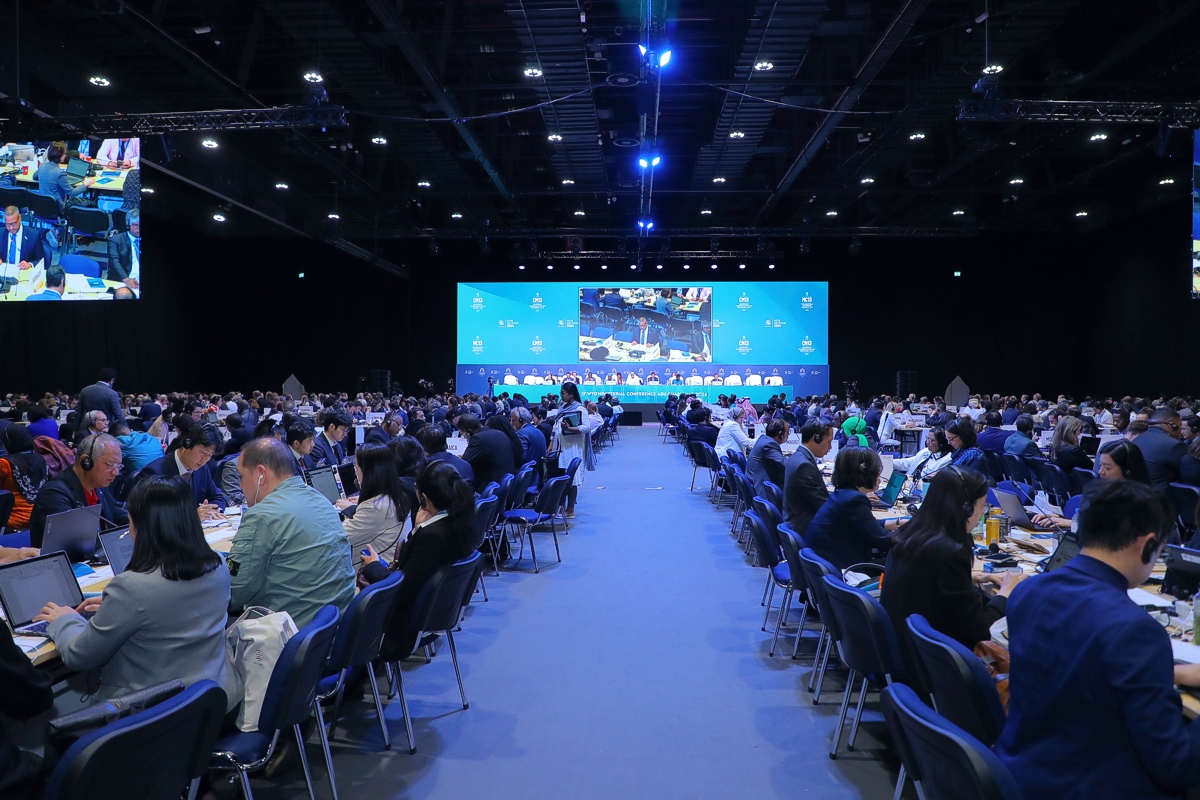The WTO Ministerial Conference is almost upon us. The chorus of calls for “WTO reform” puts too much emphasis on Geneva when the real solutions require fundamental changes in and between the capitals of its 164 members.
New dates
On February 23, 2022, WTO members meeting as the General Council
agreed to reschedule the Ministerial Conference for the week of June 13
The Ministerial Conference had been “postponed indefinitely” on November 26, four days before it was due to start, as Switzerland tightened travel restrictions because of the new omicron COVID-19 variant
By Peter Ungphakorn and Robert Wolfe
POSTED OCTOBER 30 AND NOVEMBER 26, 2021
ORIGINALLY PUBLISHED BY COSMOPOLITAN GLOBALIST SEPTEMBER 28, 2021
UPDATED FEBRUARY 24, 2022
On December 8, 2019, The New York Times predicted the possible “end of the […] World Trade Organization itself.” Earlier, a Bloomberg headline spoke of a “fatal blow” to the WTO.
Two years later, the WTO is still up and running. Even the crisis in dispute settlement, where first-stage rulings can no longer be appealed — and the cause of those doom-mongering news reports — has failed to stop it.
Yet the WTO does face serious problems. Dealing with them has become more urgent.
This piece was originally published in September. We are now only days away from when WTO ministers are due to meet in Geneva, where “WTO reform” is a major item on the agenda.
We have heard various upbeat statements from events like the G20 trade ministers’ October 12 meeting in Sorrento, the G7 ministers in London 10 days later, the optimistic sounds coming from Geneva, and apparently a new signal from Washington.
A cacophony of cans being kicked down the road
As the November 30–December 3 Ministerial Conference approached, activity increased, including from some ministers.
The US strengthened its call to talk.
Canadian Trade Minister Mary Ng visited Geneva to rally delegations to produce “concrete outcomes on key initiatives” at the Ministerial Conference. She met the Ottawa Group of members working on WTO reform, the WTO director-general, the chair of the fisheries subsidies negotiations, ambassadors from India, South Africa, EU and Mauritius, and the US chargé d’affaires.
Nevertheless, the only likely deal to be struck is on services regulation among a small group of members. We are also told a last-minute WTO-wide breakthrough on fisheries subsidies might be possible — after 20 years of negotiation and at least one missed deadline. In reality a lot of difficult issues still remain at the last minute.
Aside from those two subjects, we remain sceptical that anything substantial will be delivered.
Continue reading or jump down the page to:
Round the clock activity | No stranger to crisis | The misunderstood role of the WTO | Dispute settlement | The real problem: low priority | ‘Reform’ and the ministerial conference | Two strands of WTO reform | Find out more
See also: Hamid Mamdouh — WTO reform imperative: a possible way forward
Continue reading “The WTO is regularly in crisis, but this time could be different”










